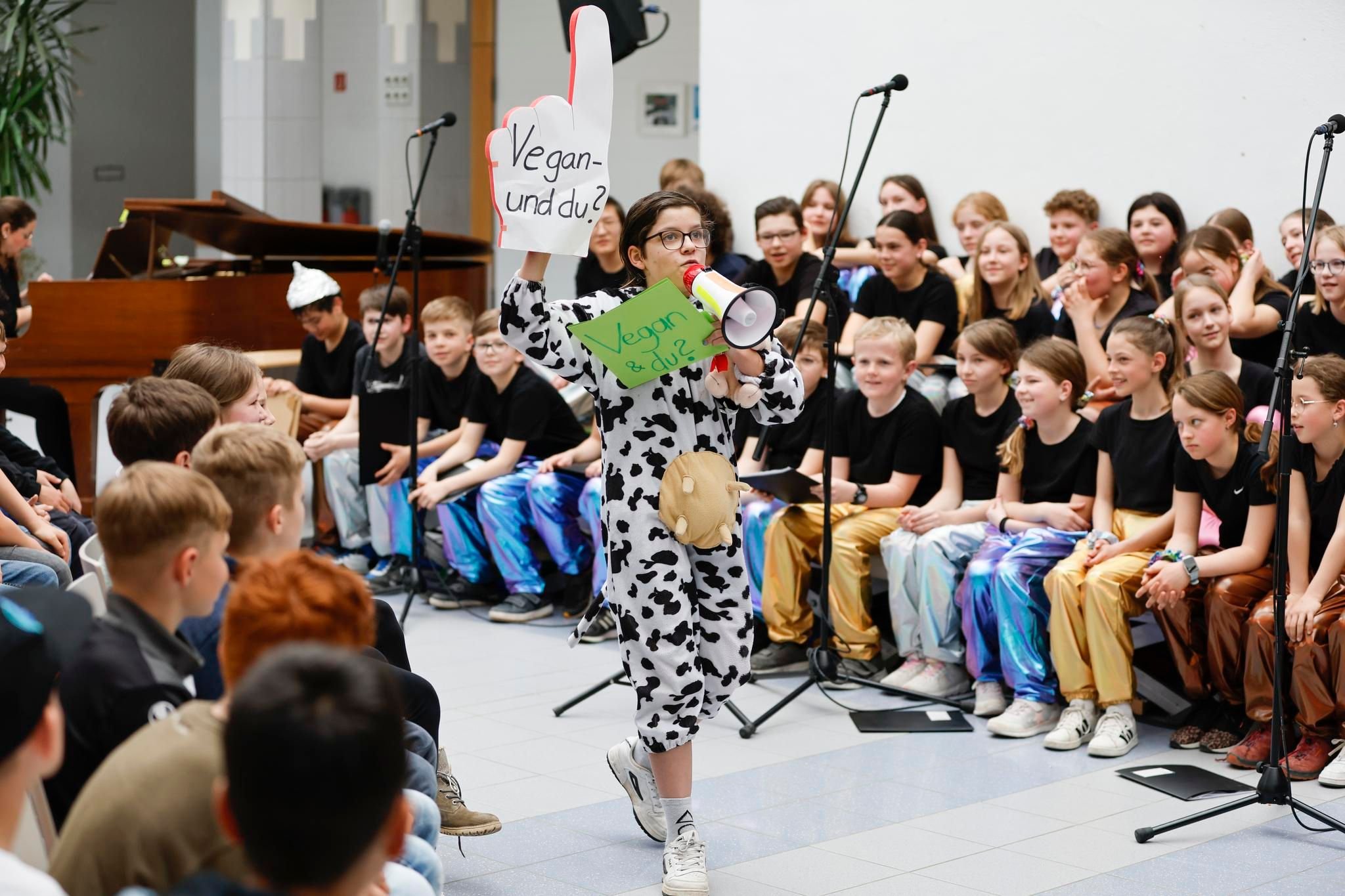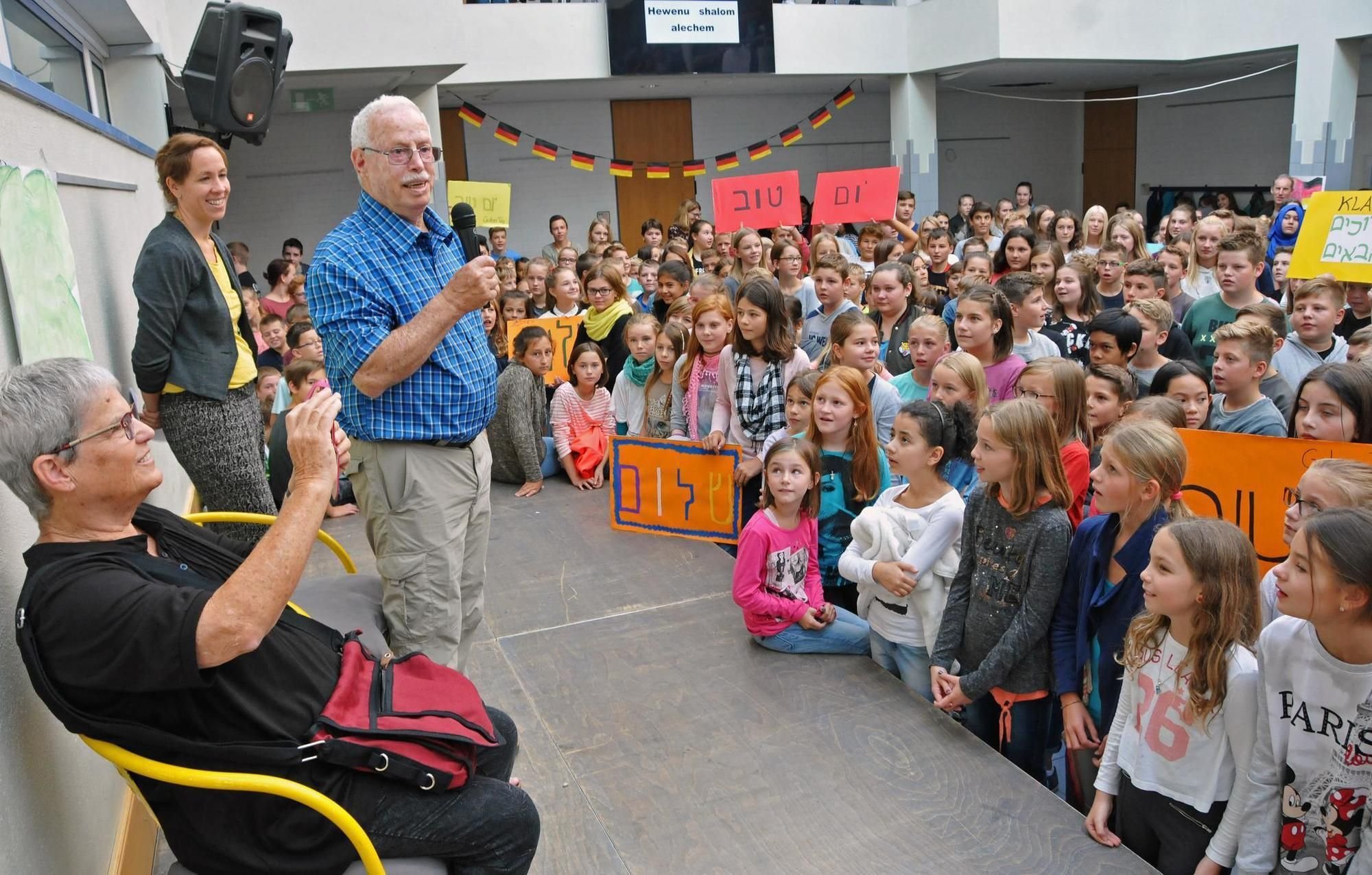Fixing "We Did Not Find Results" Errors: Tips & Solutions
Ever feel like you're shouting into the void of the internet, only to be met with the frustratingly familiar message, "We did not find results for:"? The digital landscape, while vast and teeming with information, can often feel like an echo chamber where your queries simply vanish into the ether. This persistent issue underscores a deeper problem: the limitations of search algorithms and the crucial need for precision in our digital inquiries.
The frustration of receiving the stark "We did not find results for:" message is a common experience, a digital dead end that often stems from simple misspellings or poorly constructed search terms. The accompanying suggestion, "Check spelling or type a new query," while well-intentioned, often feels like a patronizing reminder of the obvious. This digital interaction highlights the precarious balance between user input and algorithmic interpretation, showcasing how easily the quest for information can be derailed by minor errors.
Beyond the immediate annoyance, these "no results" encounters reveal the underlying complexities of information retrieval. Search engines, despite their sophistication, rely on precise matching between the query and the indexed content. A slight deviation, a missed hyphen, or an unconventional phrasing can lead to a complete failure in the search process. This reliance on exactness underscores the need for users to be not only aware of their spelling and grammar but also adept at crafting search queries that align with the algorithmic logic of the search engine.
- Unveiling Julia And Glen Edey Secrets Of Their Hunger Eradication Mission
- Uncovering The World Of Justin Biebers Brother Exclusive Insights
Consider the specific example: "11 tage sommerferien 2025 31.07." This query, seemingly straightforward, seeks information about an 11-day summer vacation period starting on July 31st, 2025. However, depending on the search engine and the indexed content, this query might fail to yield relevant results. The issue could be the specific date format, the language used (German), or the lack of content that explicitly matches this exact phrase. The search engine might struggle to understand the context and intent behind the query, leading to the dreaded "We did not find results for:" message.
Another example, "Toleranztage regen zu gesellschaftlicher verantwortung an," highlights the challenges of searching for nuanced concepts and ideas. This phrase, which translates to "Tolerance days encourage social responsibility," expresses a connection between two abstract concepts. While the individual words are easily searchable, the specific phrase might not appear verbatim in many sources. The search engine might need to rely on semantic analysis and contextual understanding to identify relevant content, a task that is often imperfect.
The mention of "Friedrich adler realschule anne frenz" presents a different type of search challenge: the need for accurate and up-to-date information about specific institutions and individuals. This query likely aims to find information about a school and potentially a person associated with it. However, the success of this search depends on the availability of indexed content that includes this specific combination of names and terms. If the information is outdated or not publicly available, the search might fail.
- Unlocking The Secrets Of Tiger Woods Legendary Birthday Discoveries And Insights
- Unveiling The Secrets Jeff Richmonds Height Revealed
The phrase "2 liebe besucherinnen und besucher unserer berufsinformationsb\u00f6rse (bib) 2023, liebe unternehmensvertreterinnen und" represents a snippet of welcome text from a career information fair in 2023. This type of content is often ephemeral and localized, making it difficult to find through general search queries. The search engine would need to be specifically targeted at relevant websites or archives to retrieve this particular text.
The statement "Wenn sie erfahrungen mit diesem unternehmen gesammelt haben, teilen sie diese hier mit anderen seitenbesuchern," and the prompt "Geben sie jetzt die erste bewertung ab!" illustrate the dynamic nature of online feedback and reviews. These phrases are commonly found on websites that solicit user opinions and experiences about businesses. Searching for these phrases might lead to directories of company reviews or forums where users share their feedback.
The sentence "Um dem entgegenzuwirken, sollen noch in diesem jahr neue bauten entstehen" suggests a plan to address a specific problem through construction. This type of statement might appear in news articles, press releases, or official announcements related to urban development or infrastructure projects. The success of finding this information depends on the specificity of the search query and the availability of relevant online sources.
Finally, the text "Sch\u00fclerdatenblatt zur schulanmeldung 2023\/2024 angaben zum kind nachname vorname geburtsdatum geburtsort geschlecht weiblich m\u00e4nnlich staatsangeh\u00f6rigkeit" represents a fragment of a school registration form, specifically pertaining to student data. This type of document is typically not publicly accessible due to privacy concerns. Searching for this phrase might yield generic information about school registration processes but is unlikely to provide access to actual student data sheets.
| Category | Detail |
|---|---|
| Name | Anne Frenz (Implied, based on "Friedrich adler realschule anne frenz") |
| Occupation | Likely associated with Friedrich Adler Realschule (Teacher, Administrator, etc.) |
| School | Friedrich Adler Realschule |
| Location of School | Unknown, requires further research |
| Possible Areas of Expertise | Education, Real School Administration, Specific subject area (depending on role) |
| Contact Information | Unavailable without further research. Contacting the school directly would be necessary. |
The persistent recurrence of "We did not find results for:" and "Check spelling or type a new query" serves as a constant reminder of the limitations of current search technology and the need for users to develop more sophisticated search strategies. It also highlights the importance of content creators ensuring that their information is accurately indexed and easily discoverable by search engines. The ultimate goal is to bridge the gap between user intent and algorithmic interpretation, creating a more seamless and effective information retrieval experience.
The digital divide isn't just about access to the internet; it's also about the ability to effectively navigate its complexities. These error messages often disproportionately affect individuals who are less familiar with search engine logic or who lack the digital literacy skills to refine their queries. Addressing this disparity requires not only improving search algorithms but also providing educational resources and support to help users become more proficient searchers.
The future of search may lie in more advanced artificial intelligence and natural language processing technologies. These technologies promise to better understand the nuances of human language and to interpret the intent behind search queries, even when they are imperfectly worded or contain errors. However, until these technologies are fully realized, users will continue to grapple with the occasional frustration of the "We did not find results for:" message.
One potential solution to the problem of "no results" is to leverage the power of community knowledge. Collaborative platforms, such as forums and Q&A sites, can provide alternative sources of information and offer guidance on how to refine search queries. These platforms can also help to bridge the gap between formal knowledge and practical experience, providing valuable insights that are not always captured by traditional search engines.
Another approach is to focus on improving the quality and accessibility of online content. Content creators should strive to use clear and concise language, to optimize their content for search engines, and to make their information available in multiple formats. This will not only improve the discoverability of their content but also make it more accessible to a wider range of users.
The challenge of dealing with "no results" is not simply a technical problem; it is also a human problem. It requires a collaborative effort between search engine developers, content creators, and users to create a more effective and equitable information ecosystem. By working together, we can minimize the frustration of "no results" and ensure that everyone has access to the information they need.
Imagine searching for critical health information, only to be met with the unhelpful "We did not find results for:" message. In situations like these, the consequences of a failed search can be significant. It is therefore essential that search engines prioritize the accuracy and reliability of their results, especially when dealing with sensitive topics.
The rise of misinformation and disinformation online has further complicated the challenge of information retrieval. Search engines must not only provide relevant results but also ensure that those results are credible and trustworthy. This requires sophisticated algorithms that can identify and filter out false or misleading information.
The issue of algorithmic bias is another important consideration. Search algorithms can inadvertently perpetuate existing biases if they are trained on biased data. This can lead to skewed search results that reinforce stereotypes or discriminate against certain groups. It is therefore crucial that search engine developers address the issue of algorithmic bias and strive to create fair and unbiased search results.
The increasing volume of online content poses a significant challenge to search engines. As the amount of information available online continues to grow exponentially, it becomes increasingly difficult for search engines to keep pace. This can lead to outdated or incomplete search results, further exacerbating the problem of "no results."
The use of personalized search algorithms can also contribute to the problem of "no results." While personalized search can be helpful in some cases, it can also create filter bubbles that limit users' exposure to diverse perspectives. This can lead to a narrowing of intellectual horizons and a reduced ability to critically evaluate information.
The development of new search technologies, such as semantic search and visual search, holds promise for improving the accuracy and relevance of search results. Semantic search aims to understand the meaning behind search queries, rather than simply matching keywords. Visual search allows users to search for information using images, rather than text.
The evolution of search is an ongoing process. As new technologies emerge and user needs change, search engines must continue to adapt and innovate. The ultimate goal is to create a search experience that is both efficient and effective, empowering users to find the information they need quickly and easily. The persistence of the "We did not find results for:" message serves as a constant reminder of the challenges that remain.
The phrase "11 tage sommerferien 2025 31.07." highlights the anticipation and planning that often accompanies vacations. People begin searching for information about their trips far in advance, seeking details about dates, destinations, and activities. The ability to find accurate and timely information is crucial for making informed travel decisions.
The concept of "Toleranztage regen zu gesellschaftlicher verantwortung an" emphasizes the importance of promoting tolerance and social responsibility. These types of events can play a vital role in fostering understanding and respect among diverse communities. The ability to find information about these events can help to raise awareness and encourage participation.
The mention of "Friedrich adler realschule anne frenz" underscores the importance of education and the role of schools in shaping young minds. Schools are often at the heart of their communities, providing not only academic instruction but also social and emotional support. The ability to find information about schools is essential for parents and students alike.
The welcoming message "2 liebe besucherinnen und besucher unserer berufsinformationsb\u00f6rse (bib) 2023, liebe unternehmensvertreterinnen und" highlights the importance of career guidance and job opportunities. Career fairs provide a valuable platform for students and job seekers to connect with potential employers and learn about different career paths. The ability to find information about these events can help to prepare individuals for the workforce.
The invitation to share experiences "Wenn sie erfahrungen mit diesem unternehmen gesammelt haben, teilen sie diese hier mit anderen seitenbesuchern" and the call to action "Geben sie jetzt die erste bewertung ab!" emphasize the importance of online reviews and feedback. These reviews can provide valuable insights into the quality of products and services, helping consumers make informed purchasing decisions.
The statement "Um dem entgegenzuwirken, sollen noch in diesem jahr neue bauten entstehen" suggests a proactive approach to addressing challenges and improving infrastructure. Construction projects can have a significant impact on communities, creating jobs, improving living conditions, and driving economic growth. The ability to find information about these projects is essential for residents and stakeholders.
The school registration form excerpt "Sch\u00fclerdatenblatt zur schulanmeldung 2023\/2024 angaben zum kind nachname vorname geburtsdatum geburtsort geschlecht weiblich m\u00e4nnlich staatsangeh\u00f6rigkeit" highlights the importance of accurate and comprehensive data collection in education. This data is used to track student progress, allocate resources, and inform educational policy. The privacy and security of student data are of paramount importance.
Ultimately, the recurring message "We did not find results for:" and "Check spelling or type a new query" serves as a reminder of the ongoing challenges and opportunities in the world of search. By embracing innovation, collaboration, and a commitment to accuracy, we can create a more effective and equitable information ecosystem for all.
- Unveiling Marilyn Mansons Provocative Musical Journey Discover His Genreblending Legacy
- Unveiling The World Of Rey Grupero Discoveries From Wikipedia

Friedrich Adler Realschule präsentiert „Zukunft — jetzt!“

Schulen

„Danke für die tolle Überraschung“